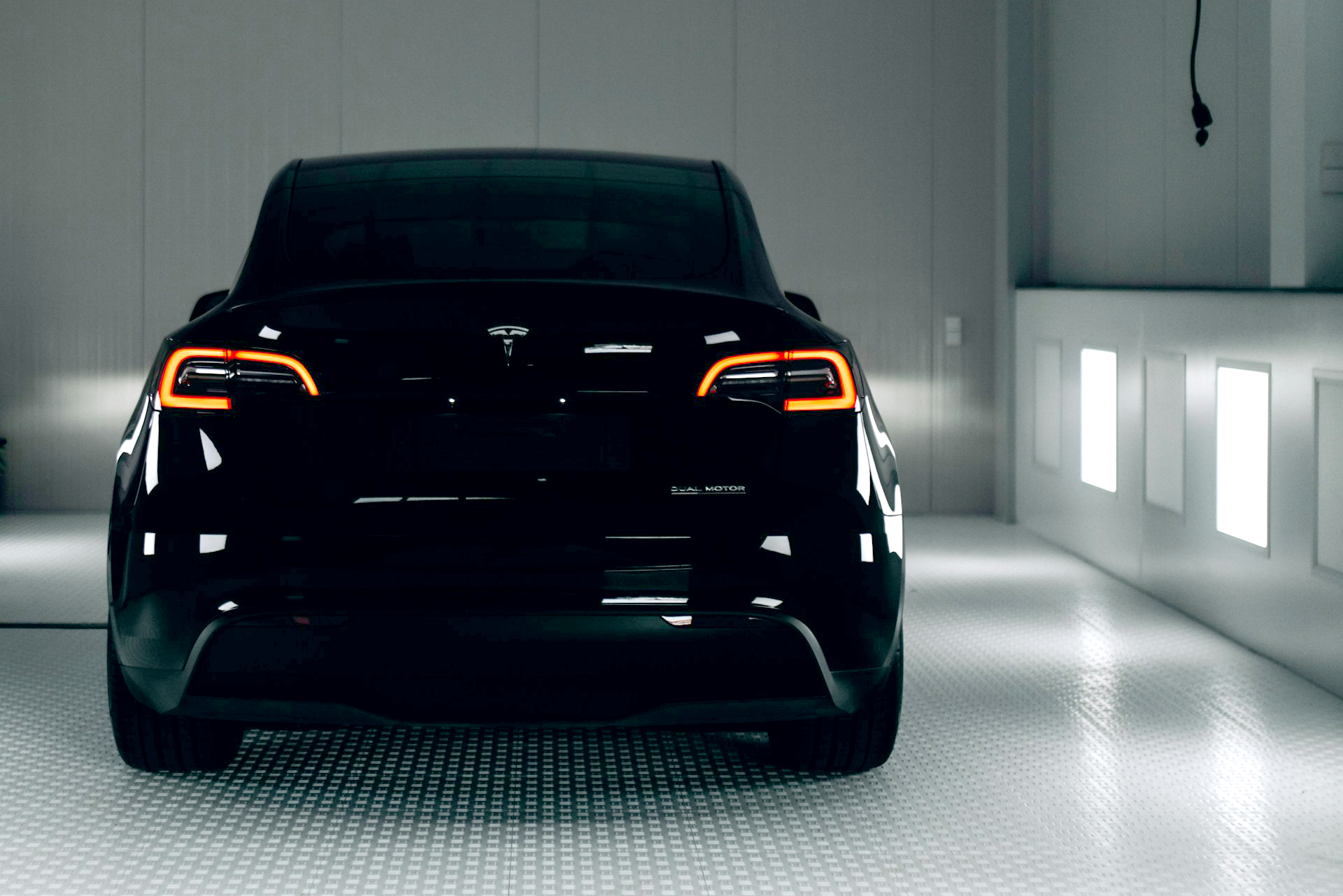As gas prices fluctuate and environmental concerns grow, more Americans are considering fuel-efficient vehicles — especially electric vehicles (EVs) and hybrids. But when it comes to finances, which is the better investment?
Let’s break down the costs, tax incentives, maintenance, fuel savings, and long-term value to help you make the smartest financial decision.
Initial Cost: EVs Are Still More Expensive
| Vehicle Type | Average MSRP (2025) |
|---|---|
| EV | $47,500 – $60,000+ |
| Hybrid | $28,000 – $40,000 |
- EVs generally cost more upfront due to the battery technology.
- Hybrids are typically more affordable and don’t require charging infrastructure.
👉 Winner (Initial Cost): Hybrid
Fuel & Charging Costs
| Vehicle Type | Average Annual Fuel/Charge Cost |
|---|---|
| EV | ~$500 (based on home charging) |
| Hybrid | ~$1,100 (gasoline) |
- EVs save more over time, especially if you can charge at home.
- Public charging stations can be more expensive, but still cheaper than gas in most areas.
👉 Winner (Fuel Savings): EV
Maintenance Costs
- EVs have fewer moving parts, no oil changes, and minimal brake wear thanks to regenerative braking.
- Hybrids still require oil changes and engine maintenance, though usually less than traditional cars.
Over 10 years, EV owners could save $3,000–$5,000 in maintenance compared to hybrid drivers.
👉 Winner (Maintenance): EV
Tax Incentives & Rebates
- EVs may qualify for federal tax credits up to $7,500 and various state-level incentives.
- Hybrids no longer qualify for federal tax credits but may get some state or utility rebates.
👉 Winner (Incentives): EV
Resale Value and Battery Life
- Hybrids tend to hold value better in early years due to lower entry price.
- EVs have improved in resale value, especially from trusted brands like Tesla and Hyundai.
- Battery replacement (in 8–12 years) is a cost to consider for both, but EV batteries are getting cheaper.
👉 Winner (Long-Term): Tie, depends on make/model
Charging Convenience
- EVs need access to charging (home or public).
- Hybrids use gas and don’t require a charger — better for long-distance and rural drivers.
👉 Winner (Convenience): Hybrid
Final Verdict: Which Is the Smarter Financial Choice?
If you have access to home charging, don’t mind the higher upfront cost, and plan to keep your car for 8+ years, an EV will likely save you more money in the long run through fuel, maintenance, and tax incentives.
If you’re budget-conscious now, want flexibility without installing a charger, or plan to trade in your car within 3–5 years, a hybrid is a more cost-effective and practical choice.
Bottom line:
👉 EV = Lower long-term cost
👉 Hybrid = Lower upfront cost + flexibility
Choose based on your driving habits, budget, and how long you plan to own the car.
Let me know if you want to follow this up with a side-by-side comparison of specific EV and hybrid models under $35,000.
